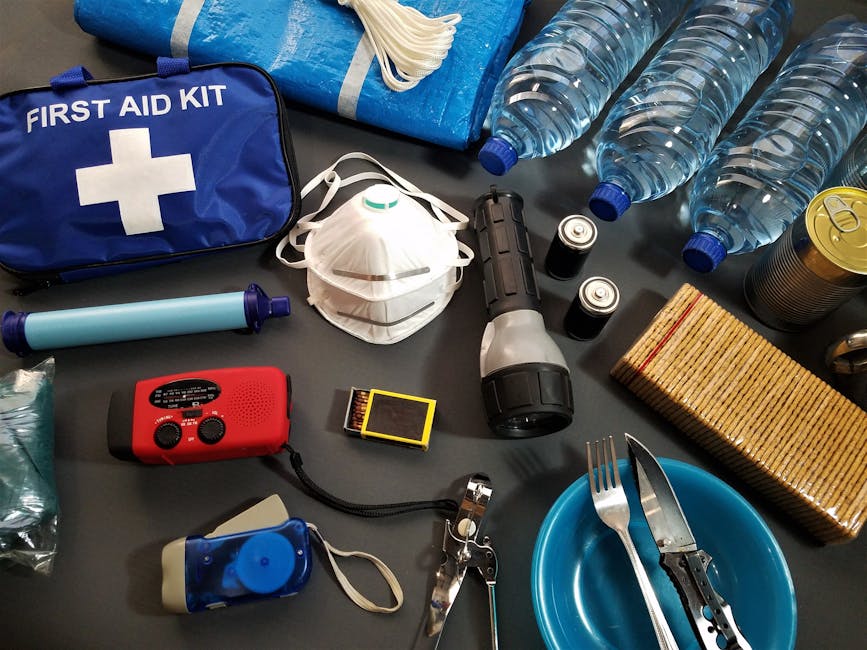The 40s and 50s hit differently, don’t they? One minute you’re juggling career, family, and life with boundless energy, and the next, you’re dealing with a new kind of fatigue, brain fog, and the creeping realisation that your body is changing. It’s during this time that many start wondering about supplements for midlife women. The world of vitamin pills, with its promise of renewed vitality, seems like a tempting solution. But is it the right one?
As we step into perimenopause and menopause, our bodies undergo a significant hormonal shift. Declining oestrogen levels impact everything from bone density and metabolism to mood and energy. This isn’t just a feeling; it’s a biological reality. The way our bodies absorb and utilise nutrients changes, making us more susceptible to certain deficiencies.
So, should midlife women start taking supplements? The answer, like midlife itself, is complex.
The Foundation: Why a Food-First Approach Matters
Let’s be clear: no pill can replace a balanced, nutritious diet. A plate rich in vegetables, lean proteins, whole grains, and healthy fats is your first and most powerful line of defence. This ‘food-first’ philosophy is non-negotiable. Supplements are meant to supplement a healthy diet, not substitute for it. They are designed to fill specific, identified gaps in your nutrition.
The 4 Key Supplements for Midlife Women
While a one-size-fits-all multivitamin isn’t the answer, research points to several key nutrients that are crucial for women’s health during this transitional phase. Here’s the truth about which vitamin pills are often worth considering.
1. Calcium & Vitamin D: Your Guardians Against Osteoporosis
This is the non-negotiable power couple for midlife women. As oestrogen drops, so does bone density, putting you at a higher risk for osteoporosis. Calcium is the primary building block of your bones, but your body cannot absorb it effectively without Vitamin D. Despite living in sunny climates, many people are Vitamin D deficient due to indoor lifestyles.
- Actionable Tip: Ask your doctor for a Vitamin D blood test. They can recommend the correct dosage of Vitamin D3, often paired with an appropriate calcium supplement to support bone health.
2. Vitamin B12: The Energy and Brain Fog Buster
Are you experiencing persistent fatigue or that frustrating “brain fog”? A Vitamin B12 deficiency could be a contributing factor. This essential vitamin is crucial for producing red blood cells (which carry oxygen and energy) and maintaining a healthy nervous system. Our ability to absorb B12 from food sources naturally decreases as we age, a particular concern for vegetarians, as B12 is primarily found in animal products.
- Actionable Tip: If you’re feeling unusually tired or forgetful, a simple B12 test is a smart first step.
3. Magnesium: The Ultimate Calming Mineral
If you’re struggling with poor sleep, anxiety, or muscle cramps, Magnesium might provide relief. This incredible mineral is involved in over 300 biochemical reactions in the body, including regulating neurotransmitters for mood, supporting deep sleep, and relaxing muscles. It can be a game-changer during the often-stressful midlife transition.
- Actionable Tip: While found in nuts, seeds, and leafy greens, a supplement can help top up your levels if a deficiency is suspected.
4. Iron: The Fatigue Fighter for Perimenopause
While iron needs may decrease after menopause (when periods stop), years of heavy menstrual cycles during perimenopause can leave iron stores severely depleted. Iron-deficiency anaemia is a common cause of debilitating fatigue, weakness, and shortness of breath in women. Don’t assume you no longer need it just because you’re over 40.
- Actionable Tip: Never take iron supplements without a confirmed deficiency from a blood test, as excess iron can be toxic.
The Golden Rule: Test, Don’t Guess
Walking into a pharmacy and grabbing a generic “women’s health” formula is a shot in the dark. The single most important step you can take is to consult your doctor. A simple blood test can reveal your specific deficiencies, allowing your doctor to create a targeted, effective, and safe supplementation plan tailored to your body’s unique needs.
The truth about vitamin pills is that they aren’t a magic bullet, but they can be a powerful tool. For the midlife woman, they are a way to strategically support a body in transition. It’s not about chasing youth, but about embracing this chapter with health, strength, and the vitality you deserve.




